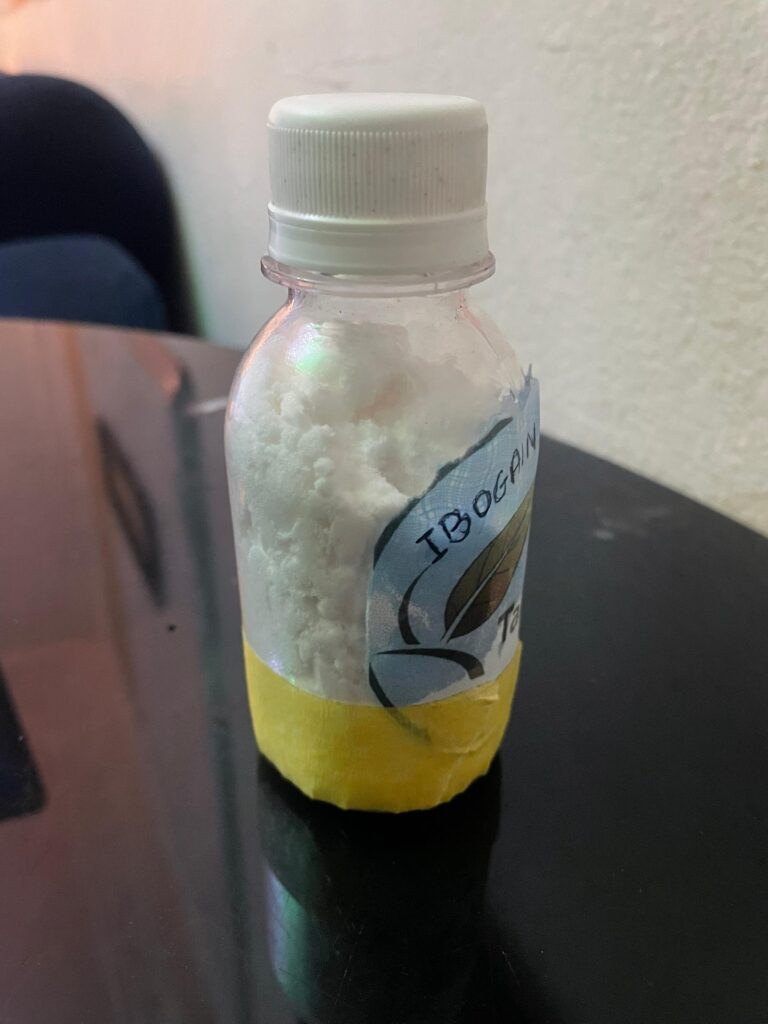Menu
Alzheimer’s Disease Medication: Options, Benefits, and Hope for the Future
Alzheimer’s disease medication plays a vital role in slowing symptoms and improving the quality of life for millions of people worldwide. With the rise in dementia-related conditions, researchers and doctors continue to explore both conventional and alternative treatments that can support memory, cognitive health, and emotional well-being.
In this article, we will explore the available medications for Alzheimer’s, their benefits, limitations, and how natural plant-based therapies such as iboga and ibogaine may open new doors for healing.
🔹 Understanding Alzheimer’s Disease
Alzheimer’s disease is the most common form of dementia, affecting memory, reasoning, and behavior. It develops gradually, and symptoms worsen over time. Families often notice early signs such as forgetfulness, confusion, and difficulty completing familiar tasks.
As the disease progresses, patients may struggle with communication, personality changes, and eventually require full-time care. This makes finding effective treatments crucial for patients and caregivers alike.
🔹 FDA-Approved Alzheimer’s Disease Medications
Currently, there is no permanent cure for Alzheimer’s, but several medications help manage symptoms and improve daily living.
1. Cholinesterase Inhibitors
- Examples: Donepezil (Aricept), Rivastigmine (Exelon), Galantamine (Razadyne)
- How they work: These drugs increase levels of acetylcholine, a neurotransmitter important for memory and learning.
- Benefits: They may help improve communication between nerve cells and reduce some behavioral symptoms.
2. Memantine (Namenda)
- Works by regulating glutamate activity in the brain.
- Helps patients with moderate to severe Alzheimer’s.
- Can improve memory, attention, and the ability to perform daily activities.
3. Combination Therapy
- Some patients benefit from combining Donepezil + Memantine, especially in moderate-to-severe cases.
- This approach may reduce cognitive decline more effectively than a single drug.
4. Newly Approved Medications
- Drugs such as Aducanumab (Aduhelm) and Lecanemab (Leqembi) target amyloid plaques in the brain.
- These medications represent a new wave of disease-modifying therapies aimed at slowing progression rather than just easing symptoms.
🔹 Limitations of Current Medications
While medications offer relief, they are not cures. The challenges include:
- Limited Effectiveness – Some patients respond better than others.
- Side Effects – Nausea, dizziness, headaches, or confusion may occur.
- Cost and Accessibility – Advanced drugs like Aducanumab are expensive.
This is why families often explore complementary approaches alongside traditional medication.
🔹 Lifestyle and Holistic Approaches
Doctors often recommend lifestyle changes to support brain health in Alzheimer’s patients, such as:
- Balanced Diet – Foods rich in omega-3, antioxidants, and vitamins support brain function.
- Exercise – Physical activity improves circulation and may slow memory loss.
- Cognitive Training – Mental exercises, puzzles, and social engagement stimulate the brain.
- Stress Reduction – Meditation, yoga, and music therapy improve overall well-being.
These approaches complement prescribed Alzheimer’s disease medication and create a more comprehensive treatment plan.
🔹 The Future of Alzheimer’s Treatment
Research is ongoing, with new drugs and therapies being tested worldwide. Scientists are exploring:
- Gene therapy to target hereditary risks.
- Stem cell research for brain regeneration.
- Immunotherapy to reduce inflammation and brain plaque.
- Psychedelic-assisted therapies for improving brain connectivity.
This brings us to the potential of natural plant medicines like iboga and ibogaine.
🔹 Alzheimer’s Disease, Iboga, and Ibogaine
While still in the early stages of study, iboga and ibogaine show potential in supporting brain health and neurological recovery. Derived from the root bark of the African iboga plant, these compounds have been used traditionally for healing and spiritual practices.
Recent studies suggest that ibogaine may promote neuroplasticity—the brain’s ability to reorganize and form new connections. This could be highly valuable for conditions like Alzheimer’s, where nerve connections are progressively lost.
Although ibogaine is best known for its ability to interrupt addiction patterns, researchers and holistic practitioners are now examining its potential in supporting cognitive clarity, emotional balance, and neuroregeneration.
At Taiboga, we believe in exploring every possibility to improve human health. While Alzheimer’s medications remain essential, natural plant therapies may play a key role in the future of integrative treatment.

🔹 Final Thoughts
alzheimer’s disease medication remains the cornerstone of treatment today. From cholinesterase inhibitors to new plaque-targeting therapies, these drugs help patients manage symptoms and preserve quality of life.
Yet, the journey toward healing should not stop at pharmaceuticals. Combining modern medicine with holistic practices, lifestyle changes, and emerging therapies like iboga and ibogaine could reshape the way we approach brain health.
🔹 Call to Action
At Taiboga, we provide premium iboga products and personalized support for individuals seeking natural healing alternatives. Whether you are exploring options for Alzheimer’s, addiction, or mental wellness, we are here to help you take the next step.
📞 Contact us today at:
+237653823790 | +237672584494
🌿 Begin your journey with Taiboga and discover the healing potential of iboga.
🎁 Special Offer
As a thank-you for reading, we are offering an exclusive coupon:
✨ Use Code: RECOVERY20 at checkout to get 20% OFF Taiboga Premium Iboga Products.
Your path to recovery and wellness starts here.
taiboga.com
Facebook
Pinterest
Twitter
LinkedIn

